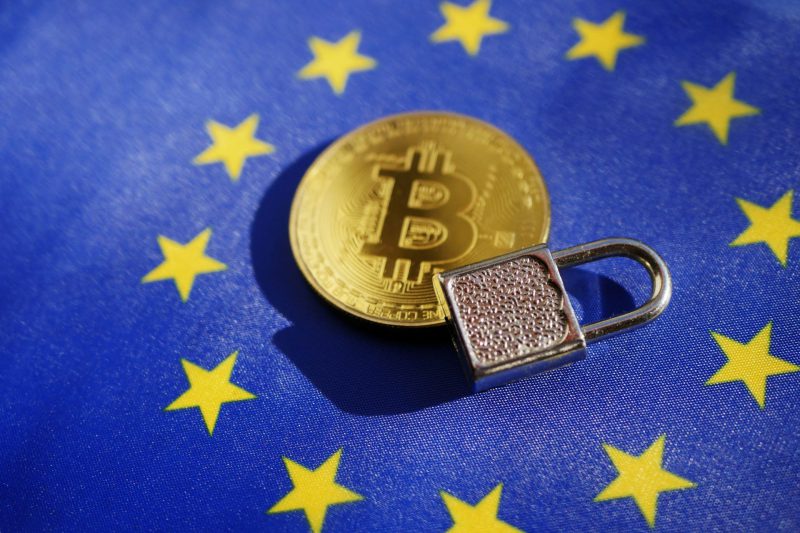The European Union’s legislative delegates have agreed on new regulations known as the Data Act. The development comes after the crypto and web3 community expressed concern that the rules on smart contracts would destroy the sector. Despite the concerns, the act has gone ahead with the controversial smart contract kill switch.
The regulations will control how Big Tech and other businesses exploit corporate and consumer data within Europe. The change is part of a more extensive revision to the data regulations that apply to internet-connected devices. Decentralized transactions, like those in the crypto space, controlled by immutable code are a concern for many. Thierry Breton, the commissioner for the EU’s internal market, confirmed the agreement.
What changes have been made regarding crypto?
The deal’s final legal document has not yet been made public. However, reports claim that the original ideas for smart contracts are now stricter. The changes aim to increase people’s control over their data.
According to lawmaker Damian Boeselage, “With the adjustments made to the text, we are no longer addressing smart contracts in general.” However, Boeselager added that the regulation applies “specifically to the execution of contractual clauses in the context of data sharing.”
Another source, however, claimed that the law’s final, accepted form continues to use the term “smart contracts.”
The commission dismissed concerns from the blockchain industry by asserting that the new regulation won’t invalidate already-existing smart contracts. Furthermore, it mentioned that in practice, the high-level requirements it provides shouldn’t pose a challenge for vendors.
However, it is unclear whether the final agreement would allay worries that the measures won’t be practical for open, permissionless blockchains, where there is no central actor to enforce regulatory restrictions.
The Data Act may contradict the recently adopted MiCA (Markets in Crypto Assets) rule, according to a recent open letter signed by various crypto groups. As per the regulations, crypto exchanges and wallet providers will receive licenses to operate across the EU. MiCA will go into effect in 2024.
However, the Data Act is not a law as of yet. The European Parliament and Council, which speak for the 27 nations that make up the union, must approve the wording reached by negotiators for the Data Act to become law.





